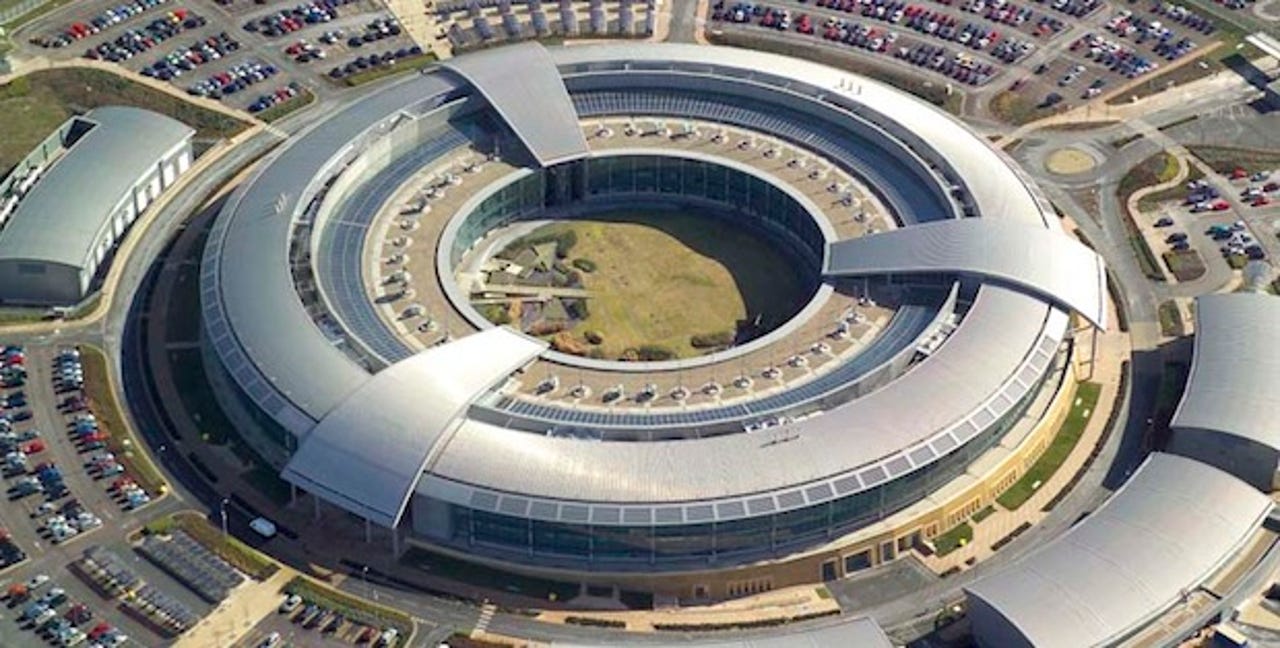UK cyber-security strategy: Spy agency to share secret technology with private industry

The UK government will later today reveal plans to tackle cyber-crime and cyber-security issues, which include ways for the electronics intercepting intelligence service GCHQ to help private industry and the wider public.
GCHQ, the British equivalent of the U.S.' National Security Agency, remains an intrinsic part to the UK's national and cyber-security strategy, as the third intelligence service behind MI5 and the SIS (MI6).
The new cyber-strategy makes clear that the risks and dangers posed by cyber-criminals and rogue state intelligence agencies from cyber-attacks cannot be faced by the public sector and government alone, and that the private industry and the general public are crucial in working together.

According to the report, nearly six percent of the UK's gross domestic product (GDP) is generated by the web, and continues to expand.
Front-line police services around the UK will be encouraged to follow the lead of Scotland Yard's Metropolitan Police service, by training or acquiring cyber-specialists and designated units of experts.
The Ministry of Defence's (MoD) new Defence Cyber Operations Group will also be outlined later today. It is thought that military cyber-capabilities will include both offensive and defensive capabilities.
Last month, the MoD was said to have prevented over 1,000 cyber-attacks on the UK's national critical infrastructure, from petty criminals to foreign governments.
Government ministers also believe that one of the most crucial ways to deter criminal networks from attempting to steal vital intellectual property will be if private industry works with GCHQ to create a 'network of defence'.
GCHQ will work with the private industry, such as 'blue-chip' companies including banking giant Barclays, BT and cellular network giant Vodafone, as part of a pilot scheme to begin next month.
Because of the national security implications of the technology that is used, the Guardian said speaking to a Whitehall source: "This has to be a trusted environment where intelligence can be shared in confidence. GCHQ will act as "the clearing house for any information provided", with the spy agency in the middle of the technology 'hub'.
With this, the electronics spy agency will offer its expertise and technologies developed in-house which could act as the agency's commercial arm, to see if private industries can make 'left-on-the-shelf' technology work.
Last month, GCHQ's director Iain Lobban said that that cyber-attacks were at a "disturbing" levels, the spy agency warns that the general public can thwart nearly 80 percent of all attacks, by simply updating their computers' anti-virus software, and installing or enabling the default operating system's firewall.
Lobban said in a Times article, that there was a "significant" attempt on government computers in a bid to steal information over the summer, in particular at the UK's Foreign Office (FCO), that originated from a "hostile state intelligence agency".
Both Russia and China were shown to be some of the "worst culprits" in cyber-attacks by Baroness Neville-Jones, the former security minister said.
The UK's foreign secretary William Hague said that "liable to attack" tax systems and National Insurance (social security) databases were vulnerable, after attempted intrusions were "exponentially rising".
Last year's national security strategy put hostile electronic events, such as denial-of-service attacks and hacking intrusions, en par with international terrorism as a threat to the UK's security. Key infrastructure was bolstered with an extra £650 million ($1.01 billion) designated for cyber-security.
Related:
- Spy chief: UK cyber attacks at ‘disturbing’ levels
- Can a cyber-attack really be considered an ‘act of war’?
- British spy agency called in to crack BlackBerry encryption
- LulzSec spokesman arrest could incite more cyber attacks
- Cyberattacks on critical infrastructure intensify
- CBS News: Cyber attacks mounting fast in U.S.
- Experts advised U.S. how to cyber attack Libya